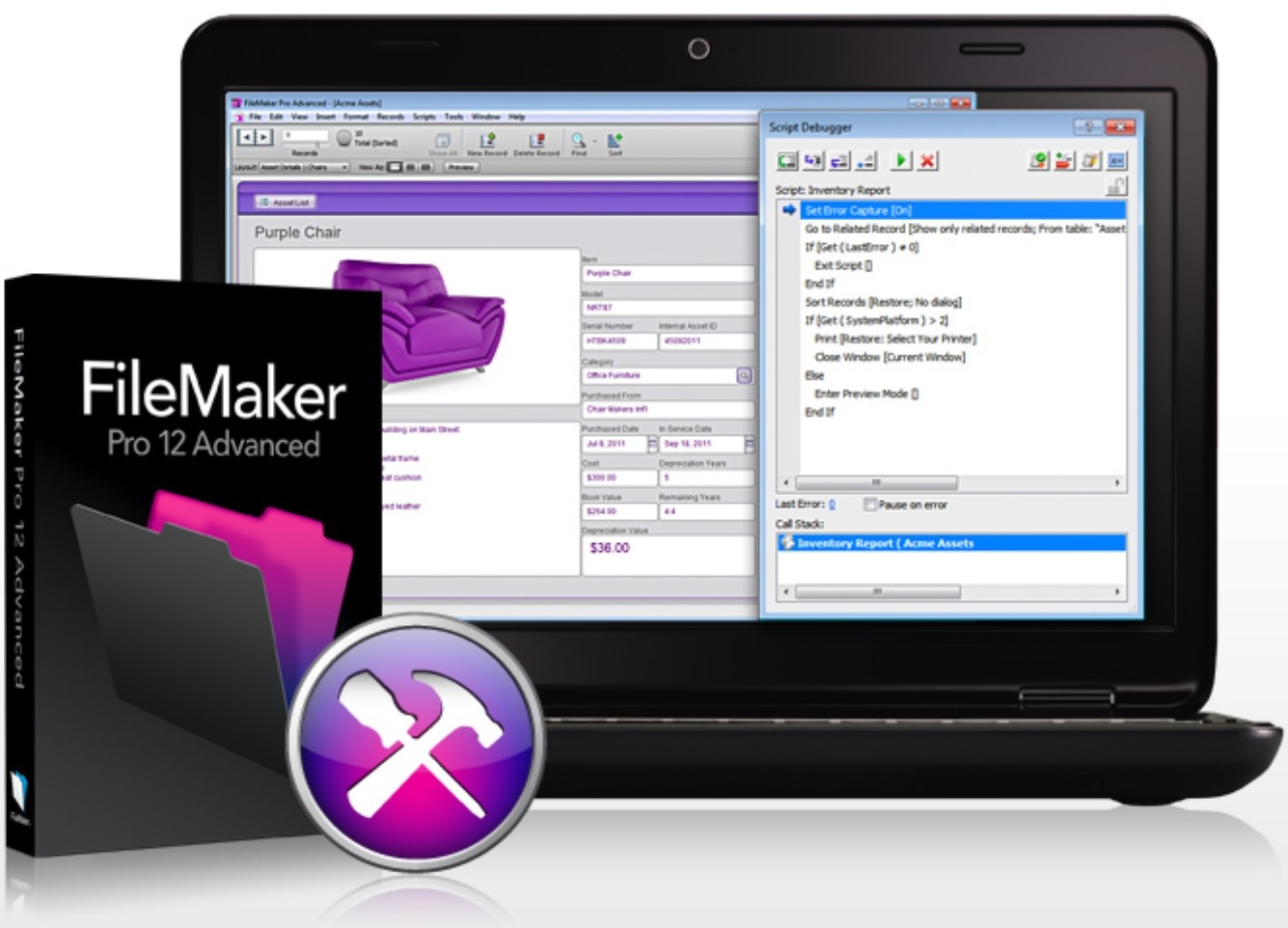
In an increasingly digital world, businesses are constantly seeking efficient ways to manage their data and streamline operations. FileMaker, a powerful database management system, has emerged as a popular choice for companies looking to develop customized solutions. However, harnessing the full potential of FileMaker requires specialized skills that only a qualified FileMaker developer can provide. This article delves into the importance of a FileMaker developer and how they contribute to organizational success.
Tailored Solutions
One of the primary advantages of using FileMaker is its flexibility in creating customized solutions. A skilled FileMaker developer can assess a business’s unique needs and design applications that cater specifically to those requirements. This level of customization can lead to significant improvements in workflow, data management, and overall efficiency.
Expertise in FileMaker Tools
FileMaker developers possess extensive knowledge of the FileMaker platform, including its features, tools, and best practices. They are adept at leveraging these capabilities to create databases, user interfaces, and automation scripts that enhance user experience. Their expertise ensures that the solutions they develop are not only functional but also user-friendly, making it easier for employees to adopt and utilize the system.
Integration with Other Systems
In many cases, businesses rely on multiple software applications to manage different aspects of their operations. A FileMaker developer can facilitate the integration of FileMaker with other systems, such as ERP, CRM, or e-commerce platforms. This interconnectedness allows for seamless data sharing and reduces the likelihood of errors associated with manual data entry, ultimately enhancing overall productivity.
Ongoing Support and Maintenance
Technology is constantly evolving, and so are business needs. A FileMaker developer provides ongoing support and maintenance to ensure that applications remain up-to-date and effective. This includes troubleshooting issues, implementing upgrades, and making necessary adjustments as business requirements change. This support is crucial for minimizing downtime and ensuring that operations run smoothly.
Training and Knowledge Transfer
A FileMaker developer not only builds solutions but also plays a vital role in training staff to use them effectively. By providing comprehensive training sessions, developers empower employees with the skills they need to utilize the system fully. This knowledge transfer ensures that organizations can maximize the benefits of their investment in FileMaker.
Cost-Effectiveness
Hiring a FileMaker developer may seem like an additional expense, but it can be a cost-effective investment in the long run. By developing tailored solutions that enhance efficiency and reduce manual labor, businesses can save time and resources. Moreover, the ongoing support and maintenance provided by a developer can prevent costly disruptions and data loss.
Conclusion
In today’s fast-paced business environment, the role of a FileMaker developer is more crucial than ever. Their ability to create customized solutions, integrate systems, provide ongoing support, and train staff ensures that organizations can effectively leverage the power of FileMaker. By investing in a skilled FileMaker developer, businesses can streamline operations, enhance productivity, and ultimately drive growth. As the digital landscape continues to evolve, the importance of specialized expertise in database management will only increase, making the role of a FileMaker developer indispensable.






